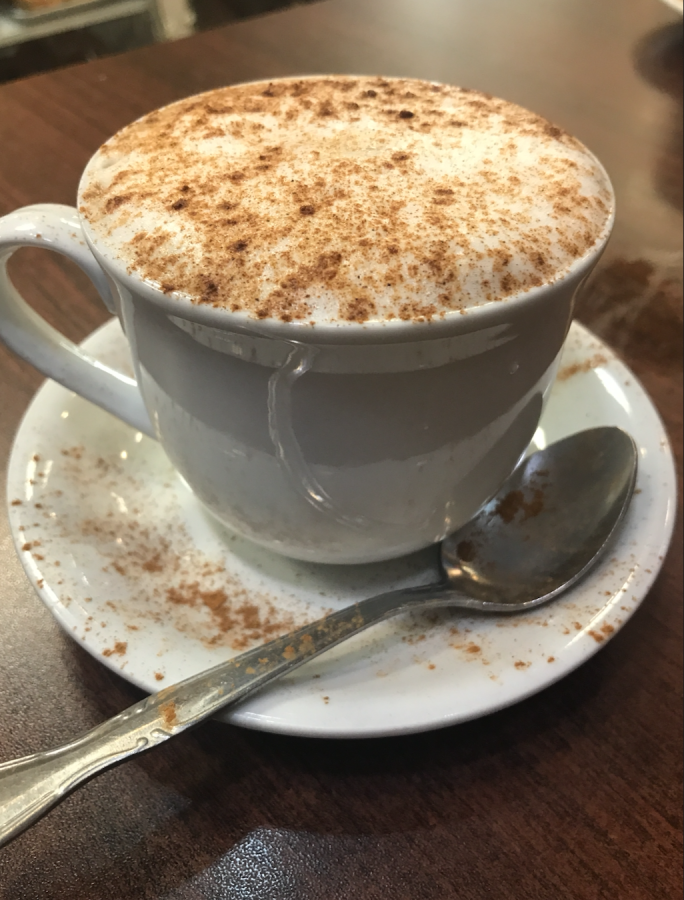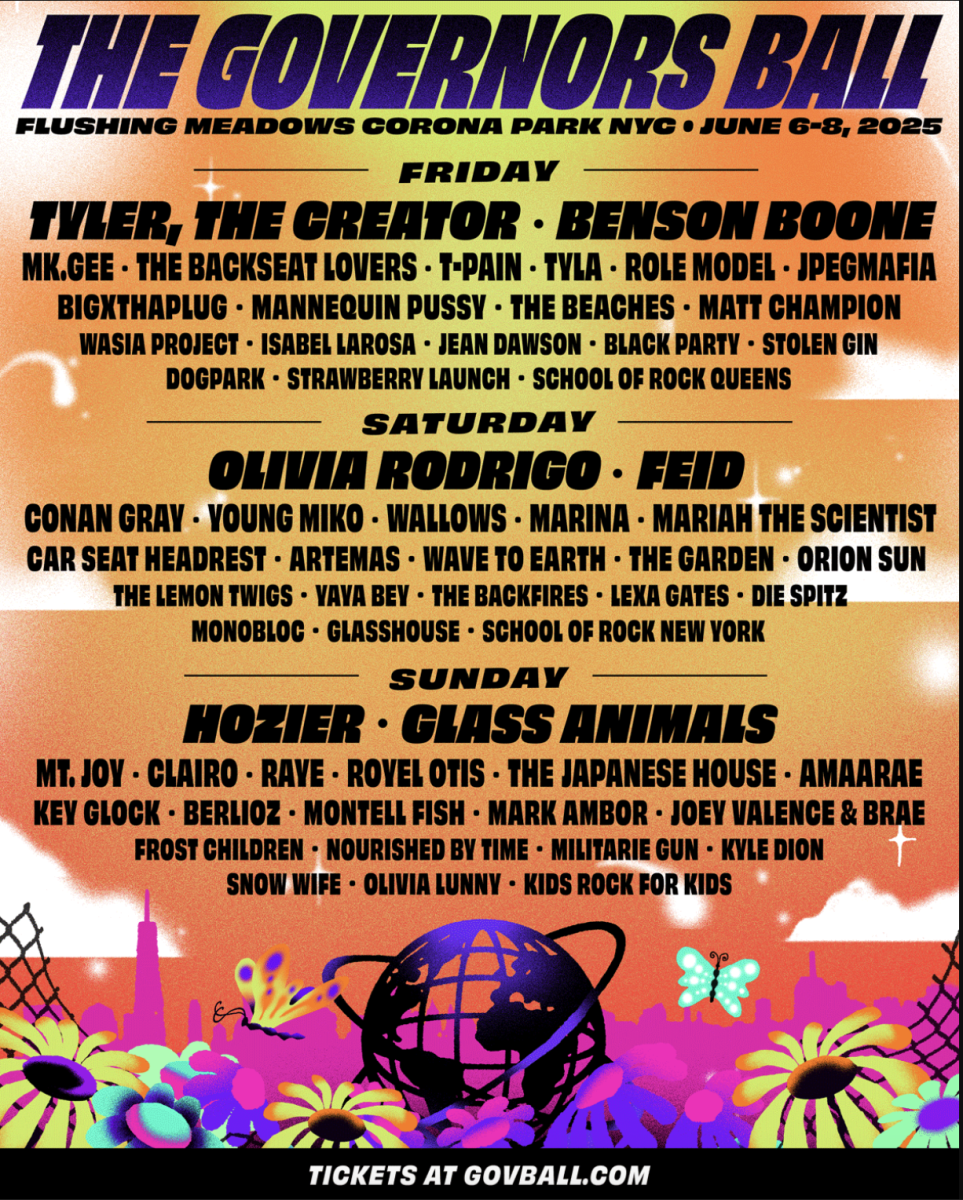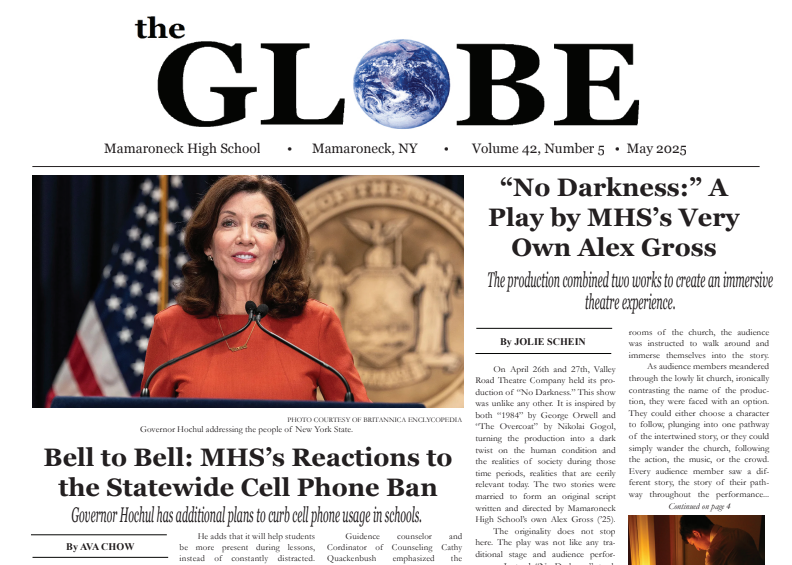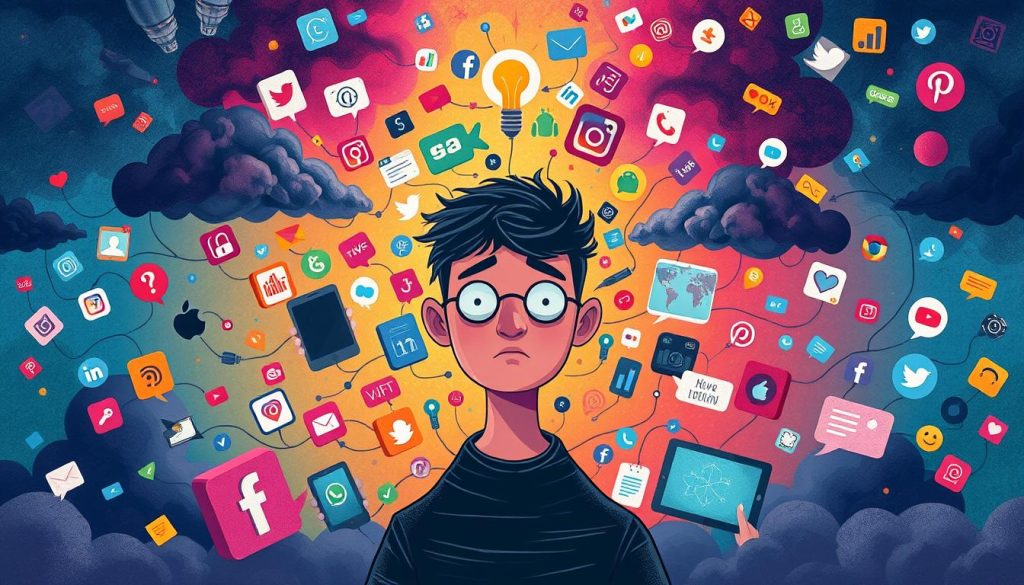Coffee Shouldn’t Be Worth it for Most Students
Do the benefits of caffeine for busy students outweigh the negative side effects?
Coffee tempts tired students regardless of the disadvantages.
February 28, 2022
At the break of dawn, people across the world come to work with a cup of coffee in their hand. Whether it be from Starbucks, a local barista, or from the coffee machine at home, coffee has become one of the most popular drinks in the United States. Nearly half of Americans drink coffee each day. But what makes coffee so popular?
The key reason why people drink coffee is because of caffeine. Caffeine works as a stimulant to the nervous system; it wakes the system up and prepares it for a long day of work. After caffeine’s effects reach the brain, a heightened sense of attention is unlocked. No wonder people drink it when working late hours or reviewing notes in a late-night study session.
The benefits of caffeine seem to keep the world running, but is it really right for Mamaroneck High School students? It may seem convenient, as Starbucks is only a walk away from MHS. However, caffeine reduces the amount of sleep we get, and sleep is important for good physical development and well-being. Are students willing to compromise that for a few extra hours awake?
Gabe Noureldin (‘24), who drinks coffee regularly, believes coffee is a complicated but powerful tool. Noureldin drinks two cups of coffee every morning after his 7:30 wake-up time. “It gets the blood moving, like a power boost” he says. For him, that power boost is enough to last the whole school day. “Without it, I get tired in the middle of the day.” In the evenings, Noureldin might even drink his third cup in order to finish up his homework for the night. However, once it’s time to go to sleep, a frustrating insomnia wreaks havoc on Noureldin. For hours and hours, Noureldin is stuck on his mattress, unable to drift into unconsciousness. According to Noureldin, he only sleeps for two to four hours, much less than the recommended 8-10 hours. There are multiple side effects of missing sleep. Sleep deprivation may lead to increased depression, increased anxiety, trouble with critical thinking, a poorer immune system, and so much more. The effects of caffeine can’t necessarily counteract this. Multiple studies show that caffeine is not a substitute for a good sleep.
Despite the side effects of missing sleep, Noureldin stands by coffee usage. “Academically, it has helped me get better grades.” On days when Noureldin hasn’t had coffee, he describes himself as grouchy, tired, and “not in the zone.”
Noureldin gives us a final quote of wisdom: “It’s not for everyone. Some people, like me, like it, and some don’t.” If someone is thinking about drinking coffee, they should be wary of the side effects. Coffee is not always the greatest option, the right amount of sleep could be as much as coffee. But if sleep doesn’t do it for you, ask yourself, are you willing to sacrifice your sleep for longer days?






